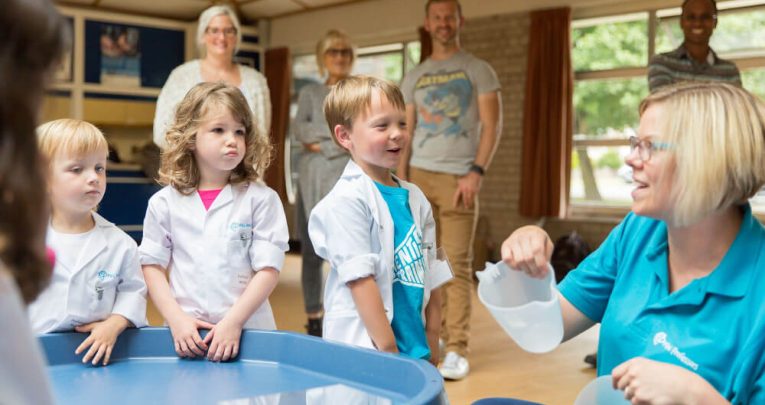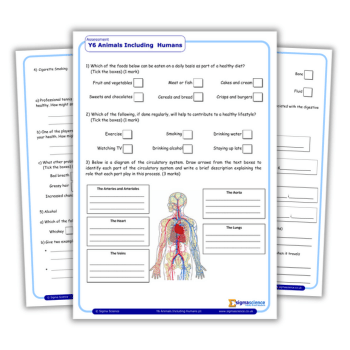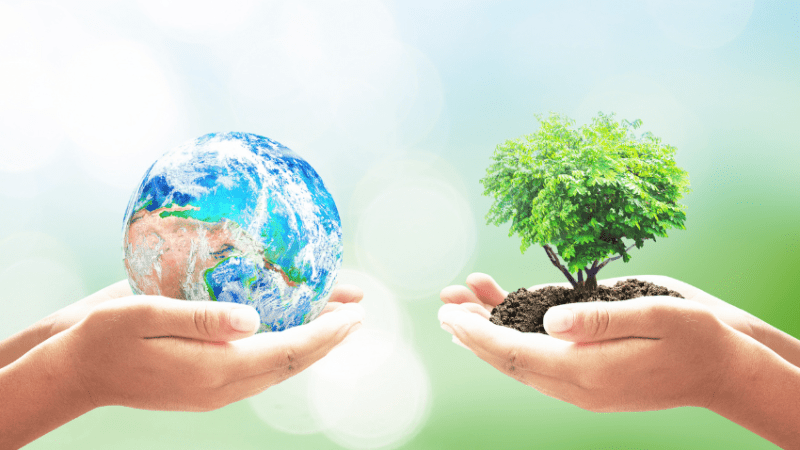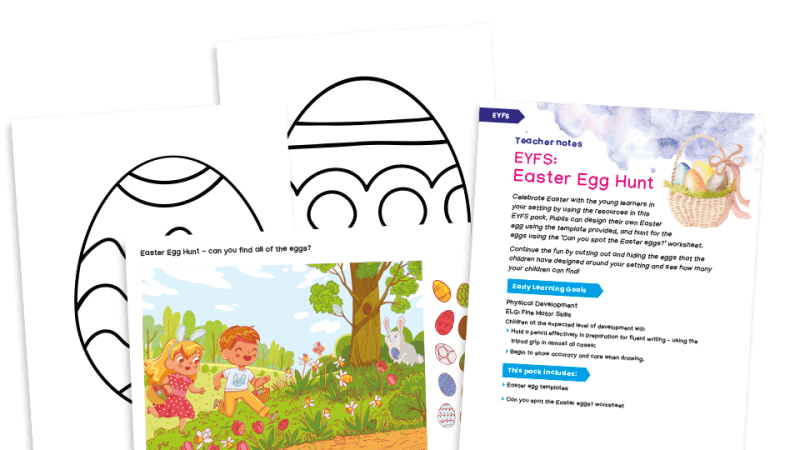Use Science to Encourage Green Thinking in the Early Years

Pollution, recycling and other environmental issues needn’t be too complicated for young children to grasp, says Sophie Allnutt…

At a time when the natural world is increasingly under threat, the lesson that we must all do our bit to care for the planet has never been more important – but with no shortage of ‘save the planet’ initiatives out there, how can we as early years teachers and educators ensure the vital message resonates with our young children?
Well, science is the perfect place to start.
Children are born curious and will naturally question everything around them – from the colour of the sky, to the existence of rainbows and how birds are able to fly when we’re stuck on the ground.
And exploring the world in this way can help children develop their understanding of environmental issues, too…
Changing habitats
Most young children love animals and enjoy observing them in the wild (one of the earliest scientific traits a child can display).
Being able to understand the delicate balance between different species in an ecosystem can help them to appreciate the importance of caring for even the tiniest of creatures on Earth, as well as introducing them to food chains or extreme habitats such as deserts or the Arctic.
The challenges facing the environment can be a complicated topic to comprehend for children, so the key is to simplify things as much as possible.
For instance, try showing them how many animals in the Arctic have white fur or feathers and question why this might be the case.
Initially, most children will respond with comments such as ‘so they can hide’ (children can understand concepts such as camouflage fairly easily).
Next, pose the question, ‘What if the snow melted completely? How would the animals hide?’
In this way you can start to go beyond the basics, even with younger children, introducing an important environmental dilemma (the melting of the polar ice caps).
Reducing waste
Pollution is another complex problem, but we can discuss it without getting too technical – for example, by looking at the reasons that we recycle things and then getting children to help by picking up litter and making them aware of the impact waste has on the environment.
As a starting point, try looking at the everyday plastic bag – it’s a marvelous invention for sure, but we can encourage children to think about what we do with bags when we no longer need them.
Should we recycle them? What if we can’t? Plastics are a type of polymer; children can be shown a simple model of a polymer and see that its structure makes it very tough, and thus harder to break down in the earth.
Recent media coverage of plastic pollution, showing oceans clogged with rubbish, has had a big impact on many children (and nurseries), making the concepts more accessible and easy to understand.
It is important to make topics like this relatable to children. Do we leave the tap running when we brush our teeth?
Children love to ask ‘why?’ so explaining that turning the water off prevents waste and helps conserve precious resources can set them up with good habits for the future.
Promoting walk-to-school/nursery schemes works well too: explore the importance of reducing pollution in the environment and encourage families to walk and cycle more often – the children will find it more fun too.
An experiment to try…
It helps to get hands-on, so have a go at recycling your own paper. Take a few pieces of newspaper and tear it into shreds in a bowl. Add some water and give it a stir.
With the help of an adult, liquidise the paper/water mix using a blender. Take the pulpy mixture and press it down on a square of foil with holes pricked in to it so the water can drain away.
Then leave it to dry on a radiator of somewhere warm.
After a few days the paper will have reformed and the children can use it to draw on!











